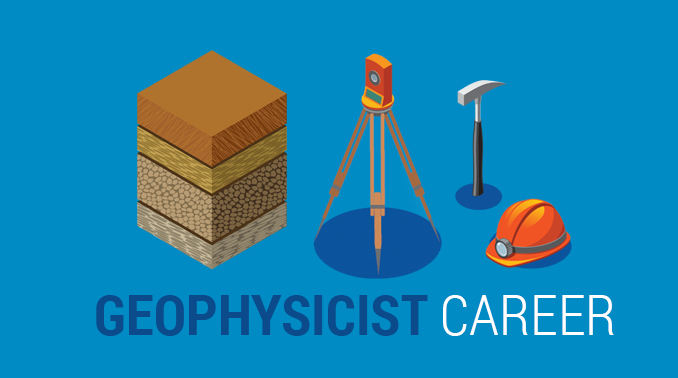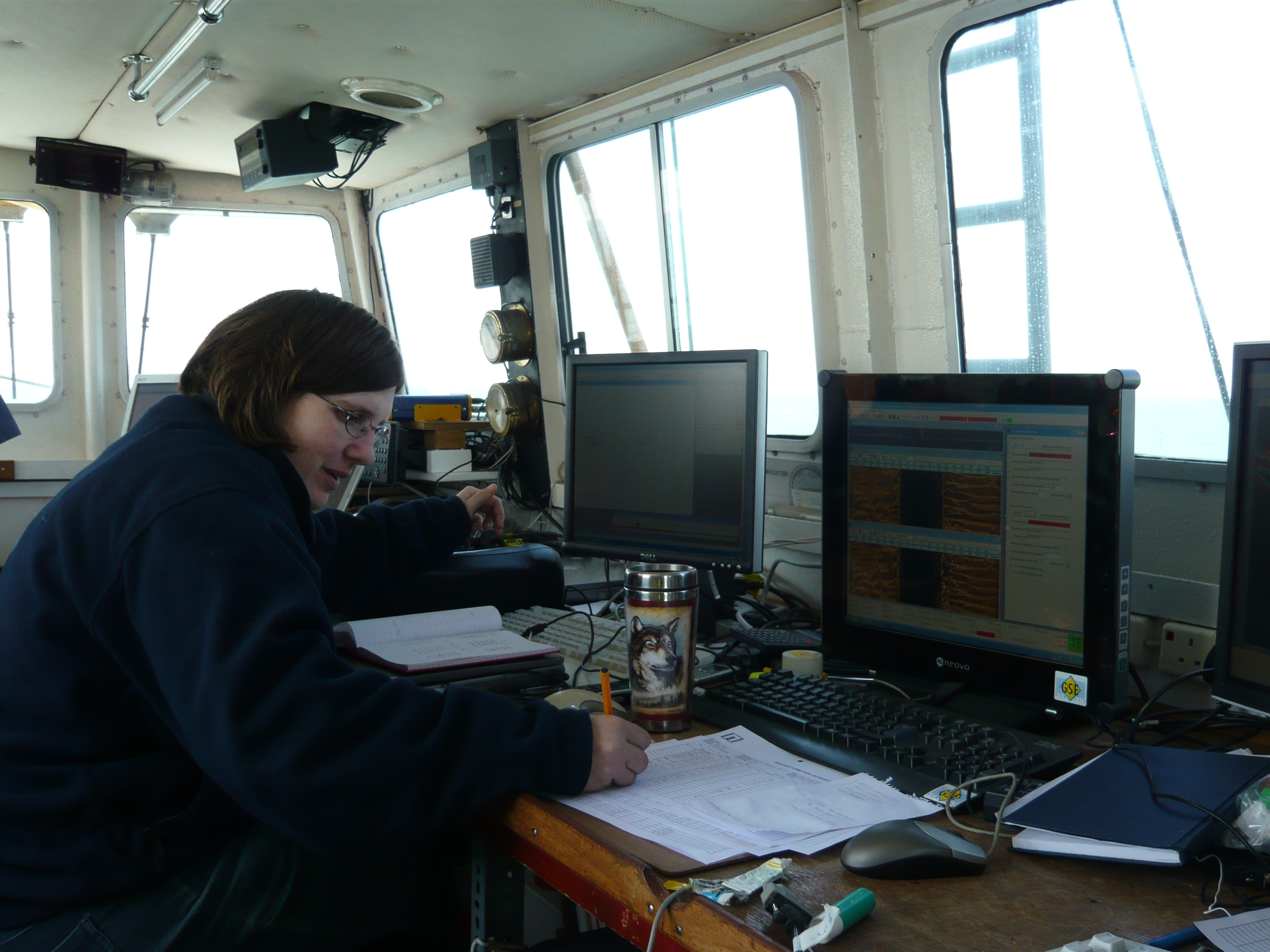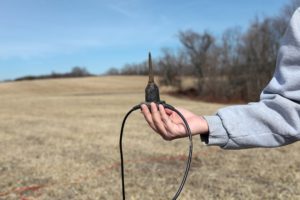All Categories
Featured
Table of Contents
What Is Geophysics? in Viveash Western Australia 2020

The primary model for the radial structure of the interior of the Earth is the preliminary recommendation Earth model (PREM). Some parts of this model have actually been updated by recent findings in mineral physics (see post-perovskite) and supplemented by seismic tomography. The mantle is mainly made up of silicates, and the borders in between layers of the mantle follow stage transitions.

This makes plate tectonics possible. Schematic of Earth's magnetosphere. The solar wind Circulations from left to. If a planet's magnetic field is strong enough, its interaction with the solar wind forms a magnetosphere. Early area probes mapped out the gross measurements of the Earth's electromagnetic field, which extends about 10 Earth radii towards the Sun.
Inside the magnetosphere, there are relatively dense areas of solar wind particles called the Van Allen radiation belts. Geophysical measurements are normally at a specific time and place. Precise measurements of position, together with earth deformation and gravity, are the province of geodesy. While geodesy and geophysics are separate fields, the 2 are so carefully connected that lots of clinical companies such as the American Geophysical Union, the Canadian Geophysical Union and the International Union of Geodesy and Geophysics include both.
Geophysics in North Perth Aus 2021
, integrates huge coordinates and the regional gravity vector to get geodetic coordinates. This method just provides the position in 2 coordinates and is more tough to utilize than GPS.
Relative positions of 2 or more points can be determined using very-long-baseline interferometry. Gravity measurements ended up being part of geodesy because they were needed to associated measurements at the surface of the Earth to the reference coordinate system. Gravity measurements on land can be made utilizing gravimeters deployed either on the surface or in helicopter flyovers.
Water level can also be measured by satellites utilizing radar altimetry, adding to a more precise geoid. In 2002, NASA introduced the Gravity Recovery and Environment Experiment (GRACE), in which two twin satellites map variations in Earth's gravity field by making measurements of the distance in between the 2 satellites utilizing GPS and a microwave ranging system. Satellites in space have made it possible to collect information from not just the noticeable light region, but in other areas of the electromagnetic spectrum. The worlds can be characterized by their force fields: gravity and their magnetic fields, which are studied through geophysics and space physics. Measuring the changes in velocity experienced by spacecraft as they orbit has actually allowed fine information of the gravity fields of the worlds to be mapped.
Geophysical Methods in Yanchep Aus 2021

Because geophysics is worried about the shape of the Earth, and by extension the mapping of features around and in the planet, geophysical measurements include high accuracy GPS measurements. These measurements are processed to increase their precision through differential GPS processing. As soon as the geophysical measurements have actually been processed and inverted, the translated results are outlined utilizing GIS.
Numerous geophysics business have designed in-house geophysics programs that pre-date Arc, GIS and Geo, Soft in order to meet the visualization requirements of a geophysical dataset. Expedition geophysics is used geophysics that typically utilizes remote picking up platforms such as; satellites, aircraft, ships, boats, rovers, drones, borehole sensing devices, and seismic receivers.
For instance, aeromagnetic data (airplane gathered magnetic data) collected utilizing standard fixed-wing airplane platforms should be remedied for electromagnetic eddy currents that are developed as the airplane moves through Earth's electromagnetic field. There are likewise corrections connected to modifications in measured prospective field strength as the Earth turns, as the Earth orbits the Sun, and as the moon orbits the Earth.
What Does A Geophysicist Do: Duties And Responsibilities in Attadale Western Australia 2022
Signal processing involves the correction of time-series data for undesirable noise or errors introduced by the measurement platform, such as aircraft vibrations in gravity information. It also involves the reduction of sources of noise, such as diurnal corrections in magnetic information. In seismic data, electro-magnetic information, and gravity data, processing continues after mistake corrections to include computational geophysics which lead to the final analysis of the geophysical data into a geological interpretation of the geophysical measurements Geophysics emerged as a different discipline only in the 19th century, from the crossway of physical geography, geology, astronomy, meteorology, and physics.
The magnetic compass existed in China back as far as the 4th century BC. It was not until good steel needles might be forged that compasses were used for navigation at sea; before that, they could not retain their magnetism long enough to be helpful.
By looking at which of 8 toads had the ball, one could determine the direction of the earthquake.'s (1600 ), a report of a series of precise experiments in magnetism.
Geophysical And Geotechnical Assessment in Woodvale Australia 2022
Geochemistry, Geophysics, Geosystems. National Aeronautics and Area Administration. Retrieved 13 November 2018.
Runcorn, S.K, (editor-in-chief), 1967, International dictionary of geophysics:. Pergamon, Oxford, 2 volumes, 1,728 pp., 730 fig Geophysics, 1970, Encyclopaedia Britannica, Vol. Intro to seismology (2nd ed.).
Latest Posts
Geophysical Survey In Archaeology in Neerabup Australia 2022
Geophysicists in Glen Forrest WA 2020
Geophysical Survey in Lockridge Oz 2023